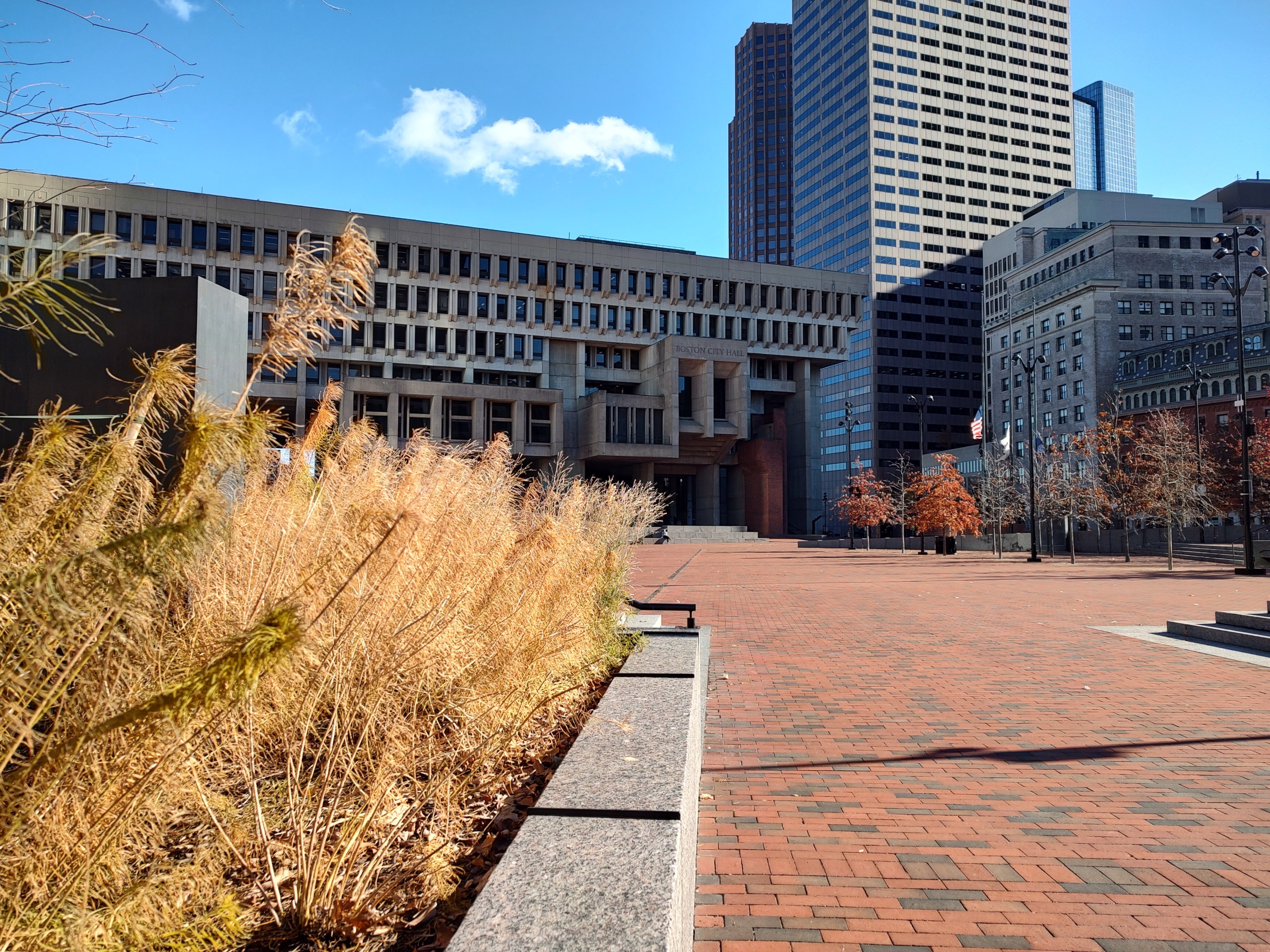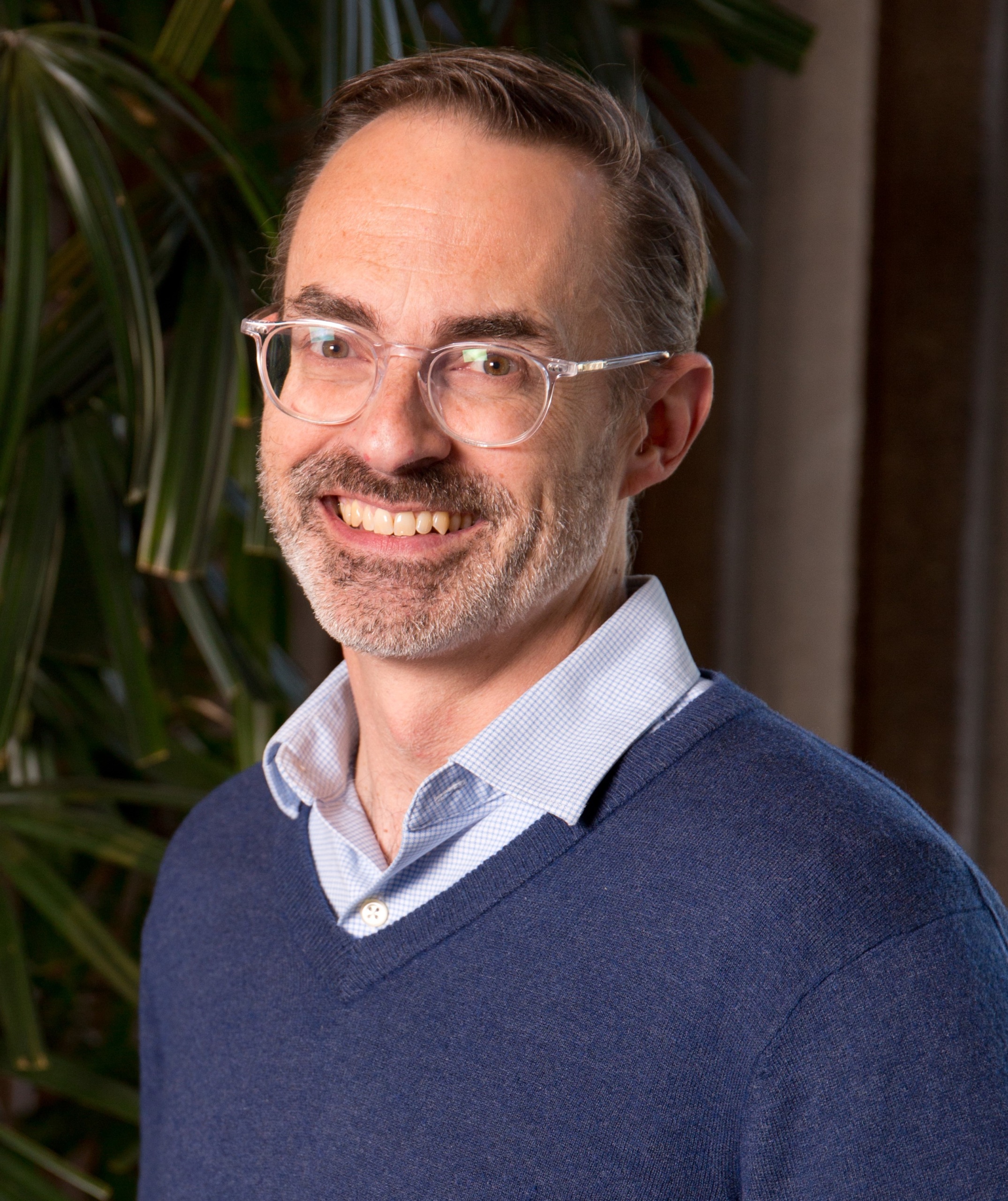
When Freedom’s Just Another Word for “Get Out of My Way”
Could it be that, deep down, cyclists and drivers – despite often being at odds – really want the same thing?
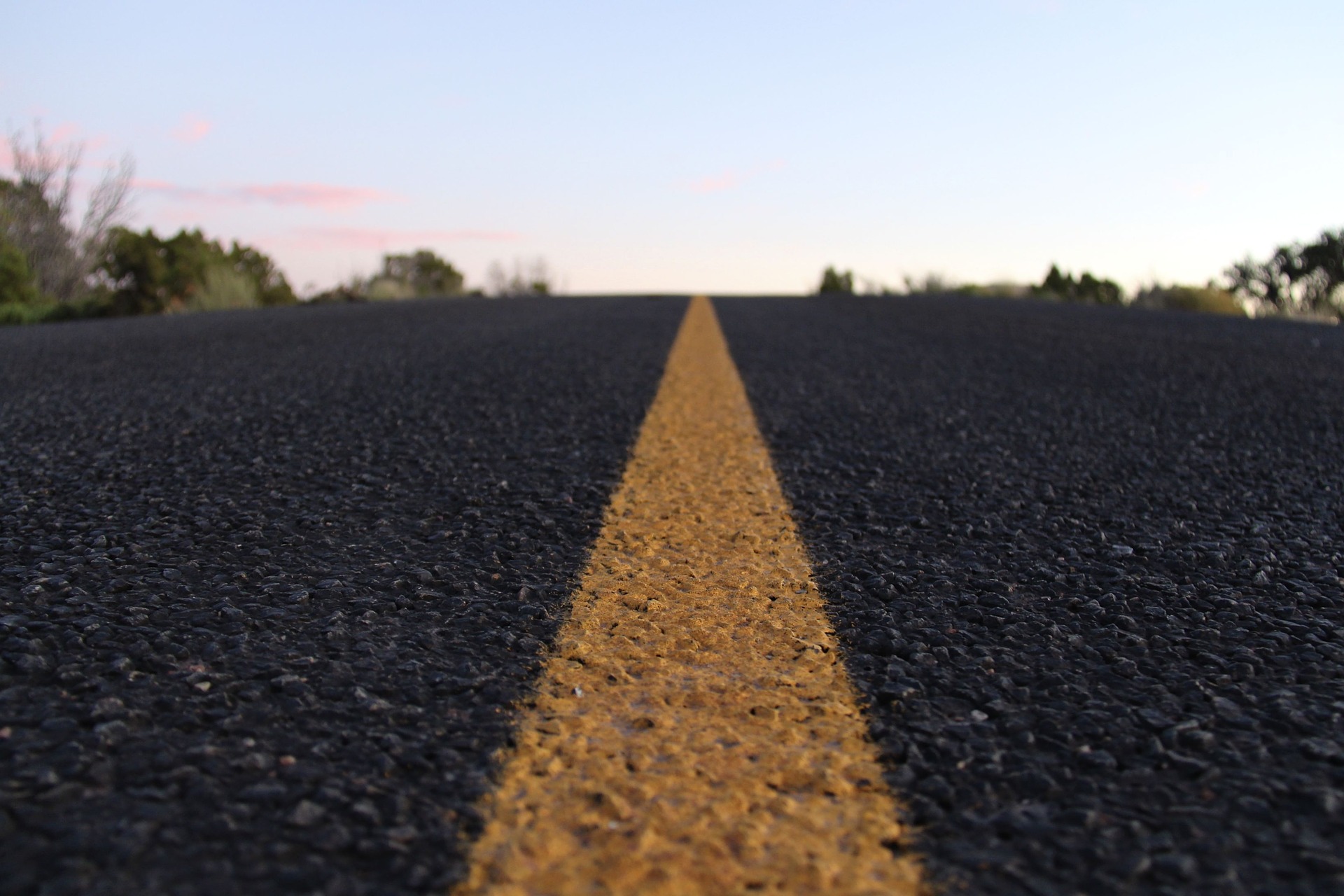
Over a recent vacation, I picked up Laura Everett’s new book, Holy Spokes, a meditation on the spiritual aspects of urban bicycling, which, it turns out, extend beyond praying for one’s life and calling down the wrath of God on that dude who cut you off.
In one poignant chapter, Everett, who is an ordained minister and the executive director of the Massachusetts Council of Churches, describes her sense of loss after an injury sustained in a crash kept her off her bike for a prolonged period of time:
Gone was the pleasure of moving at my own speed, on my own route, going where I wanted when I wanted. Now I was dependent on other people to take me where I want to go, on their schedule, when they wanted.
The passage reminded me of something else I’d read recently: Boston Globe columnist Jeff Jacoby’s lament for his loss of “auto-nomy” when he chose to give up his daily car commute for the MBTA Green Line following the relocation of the Globe’s offices downtown:
When you drive, you have auto-mobility. You travel where you choose, by the route you choose, with the company you choose, and at the time you choose.
The similarity between the two passages got me thinking: Could it be that, deep down, cyclists and drivers – despite often being at odds – really want the same thing? Could it also be that the desire to travel comfortably and safely at the time and in the manner of one’s choosing extends beyond those categories – even to transit riders, who are more likely to use a transit service if it serves more places they want to go, faster, more frequently and more reliably?
I doubt that Everett’s book is high on Jacoby’s summer reading list, or that, had he read it, the common threads would have occurred to him. After all, it was just two years ago that Jacoby wrote a Globe op-ed column arguing for limiting the freedom of cyclists like Everett (and me) to use Boston’s streets.
Indeed, over the last century, expanding freedom of movement for motorists has often come with expanding the freedom of everyone else to get the hell out of the way. Carlton Reid’s excellent history of cycling advocacy, Bike Boom (another vacation read), tells the story of “motordom’s” efforts to elbow cyclists aside during the mid-20th century and cyclists’ creative, but not always successful, efforts to nudge their way back in.
Adherents of the “cars = freedom” ideology (and Jacoby is far from the only one) may wax poetic about the car’s liberating potential, but they tend to ignore the many ways in which cars – much less transportation systems dependent on them – fall short in the freedom department.
The experience of driving a car, while freeing in some ways, is limiting in others. A solo car driver may be able to blast “Born to Run” or listen to talk radio from the privacy of his or her car, but he or she cannot (safely, anyway) check Facebook, text with friends, or catch up on Netflix, as can one using public transportation. A car driver can travel hundreds of miles to see a rare natural wonder but can’t enjoy the fresh morning air, pull over at the spur of the moment to sniff a lilac, or pop into a local shop in the same way a pedestrian or bicyclist can. A driver can travel with the company of his or her choice, but can’t sit back with friends over a cup of coffee and watch the world go by the way an Amtrak passenger can.
Freedom usually comes at a cost, and, in the United States, the cost of driving is often imposed on others. In his column, Jacoby tallies the costs of driving he experiences – “traffic jams, bad roads, jaywalking pedestrians, occasional highway tolls or hunts for a parking space” – but not the costs of his actions to other road users and the community at large. Taking to the road in a large motor vehicle contributes to traffic jams, worsens the wear on the roads, forces pedestrians into a series of inconvenient or dangerous maneuvers to get where they need to go, and requires the allocation of a large area of scarce urban space for vehicle use and storage – even as it creates noise, pollution and other burdens neighboring residents must bear.
Over the years, we at Frontier Group have documented the failure of motorists to pay for the cost of the roads they use through gas taxes and other driving-specific fees, let alone the costs they impose on others. This failure is most acute in cities. The local streets on which Jacoby would constrain bicyclists’ freedom of movement are those least likely to be paid for by drivers through state or federal gas taxes. To argue that urban taxpayers who bear the greatest share of the cost for maintaining and plowing local streets should have our freedom to access the street by bike limited, even as suburban car commuters like Jacoby maintain full access for their cars, takes quite a bit of chutzpah.
Widening the scope even further, it is fair to ask whether car ownership in America is itself a matter of free choice or is a de facto mandate imposed by public policy, private decisions (especially by employers), and prevailing societal norms. Jacoby is fortunate that he lives and works in a place where a light rail commute is a viable fall back option to driving; most Americans are not so lucky. Generations of land use and transportation infrastructure decisions have made it all but impossible for many Americans to lead full, economically productive lives without a car. Sure, you could walk 21 miles a day from the city to that job in the ‘burbs, but the societal forces driving individuals toward car ownership are powerful and difficult to resist.
The societally mandated “freedom” to own a car imposes a significant burden on individuals and households. Transportation accounts for 17 percent of the average family’s annual household expenditures, second only to housing. The average American spends roughly an hour a day working to pay for the vehicle that they spend roughly another hour each day driving to and from their place of work.
For low-income people or people with poor credit, the “freedom” to participate in the modern economy through car ownership often requires entering into high-interest debt, sometimes under predatory terms. It is hard to read the stories of those forced into the seedy world of subprime auto lending in order to maintain jobs or access to medical care without wondering just what kind of a dystopian vision of “freedom” our current transportation and land-use systems deliver.
Lastly, let’s not forget the freedoms future generations will not be able to enjoy due to the impact of our car-dependent, fossil fuel-intensive transportation system on the global climate, as well as the accumulating debt and deferred transportation system maintenance obligations we are piling up at their feet. Our present-day freedom to travel enormous distances in fossil fuel-powered vehicles and to defer the costs of our behavior to the future is not real freedom, but freedom we borrow from future generations who will face obligations and limitations from which they are unlikely to be able to escape.
Like Jacoby, I can appreciate the feeling of liberation that often accompanies driving – I can even confess, during my long-ago days in Jersey, to having belted out songs from “Greetings from Asbury Park” at the top of my lungs with the windows down while driving deserted highways late at night. But it is possible to appreciate and cherish those feelings, and to acknowledge the legitimate role that cars can play in the transportation system, while also recognizing that car dependence, and the public policies that create and sustain it – such as the exclusion or marginalization of low-impact road users like bicyclists from streets – ultimately serve to erode, rather than enhance, human freedom.
There is a deep and rich conversation to be had about how to develop a transportation system that maximizes Americans’ freedom to access economic opportunity, health care, recreation and other needs – both for us and for future generations. But that conversation can’t happen when any of us have the windows rolled up and the radio blasting, unable or unwilling to see beyond our immediate experience and desires. Only by getting out of our modal silos and finding the places where our aspirations and desires meet do we stand a chance of figuring it all out.
Topics
Authors
Tony Dutzik
Associate Director and Senior Policy Analyst, Frontier Group
Tony Dutzik is associate director and senior policy analyst with Frontier Group. His research and ideas on climate, energy and transportation policy have helped shape public policy debates across the U.S., and have earned coverage in media outlets from the New York Times to National Public Radio. A former journalist, Tony lives and works in Boston.
Find Out More
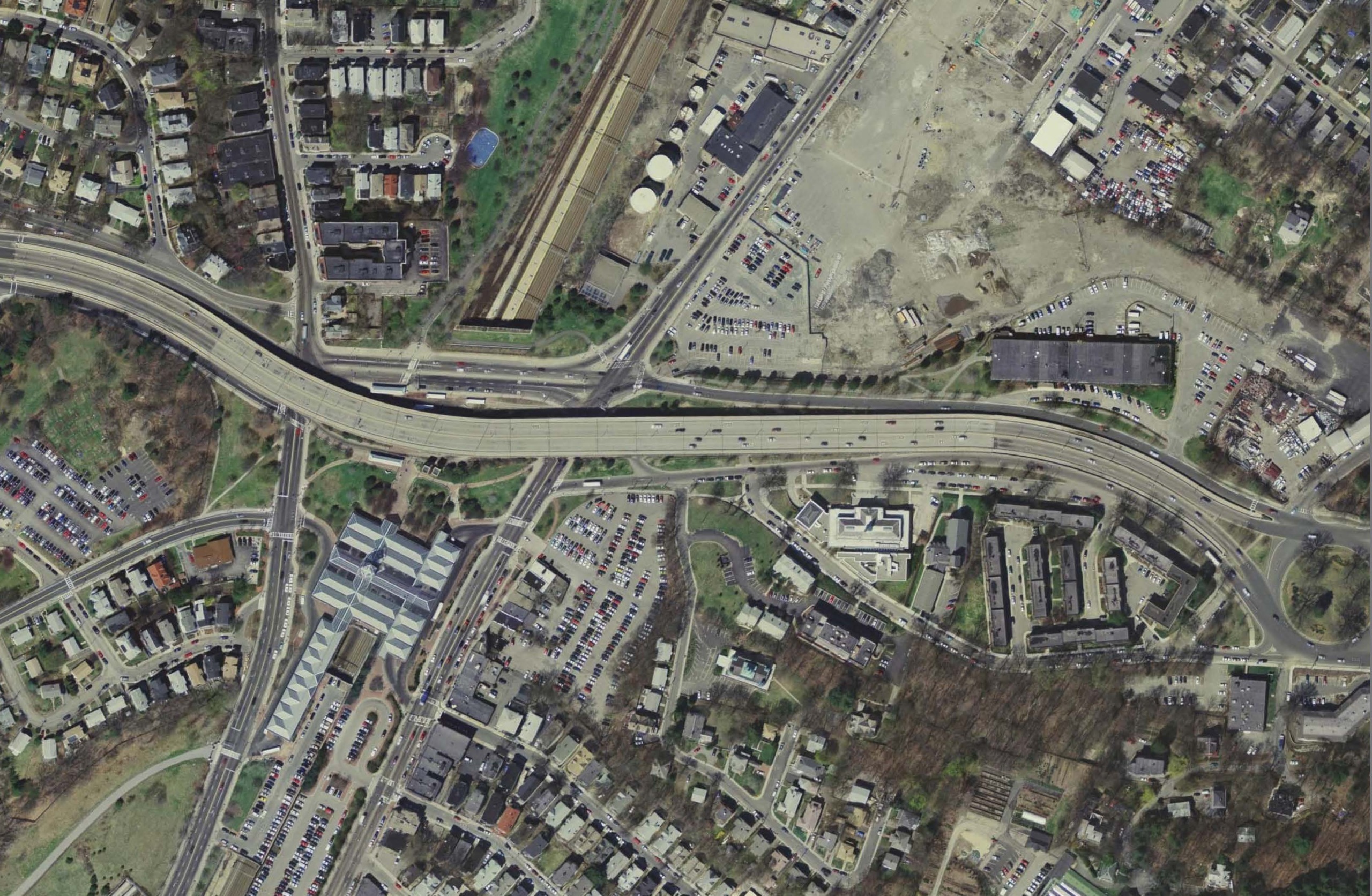
Four ways to look at a project (or policy, or almost anything)
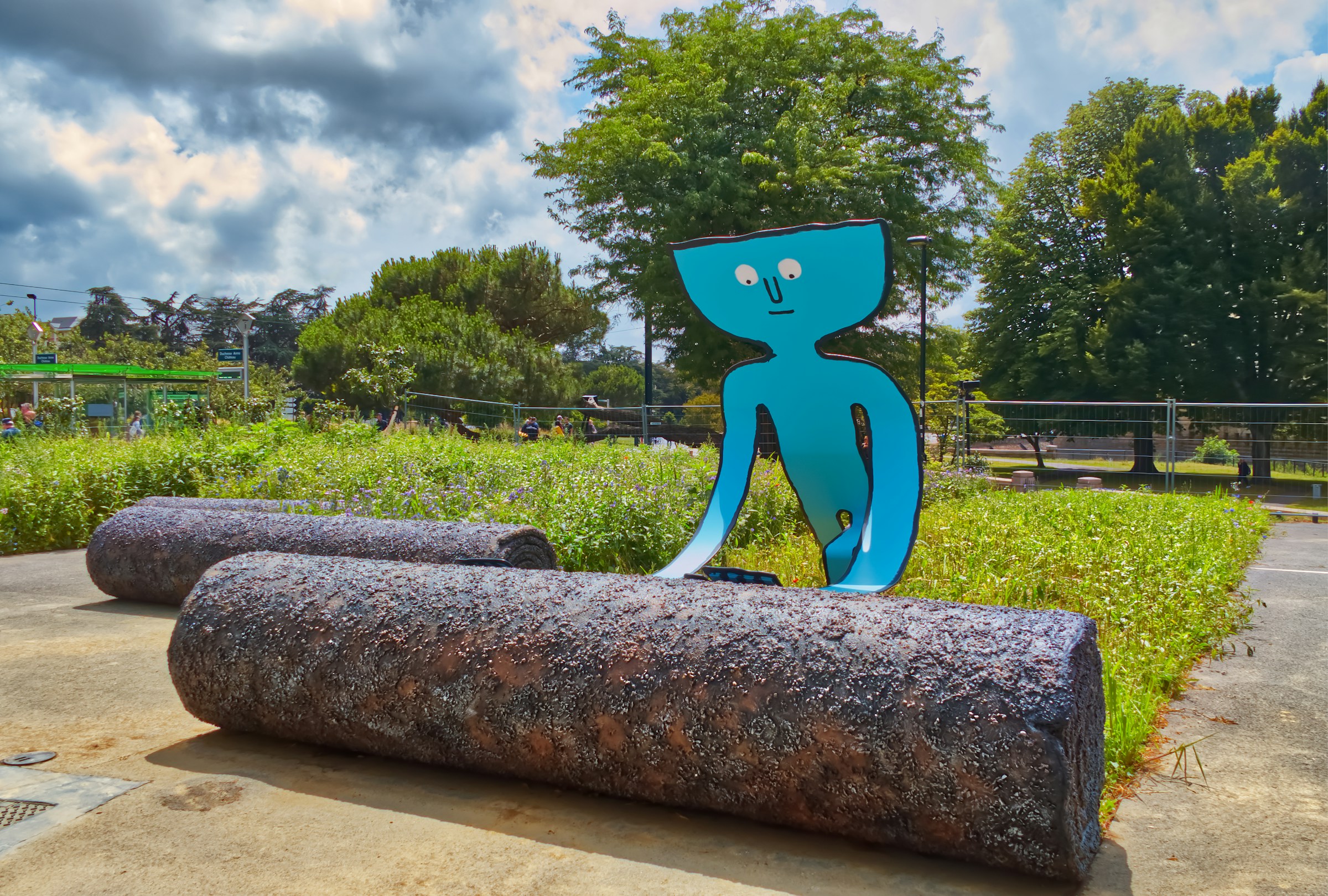
From gray to green: How (and why) to depave
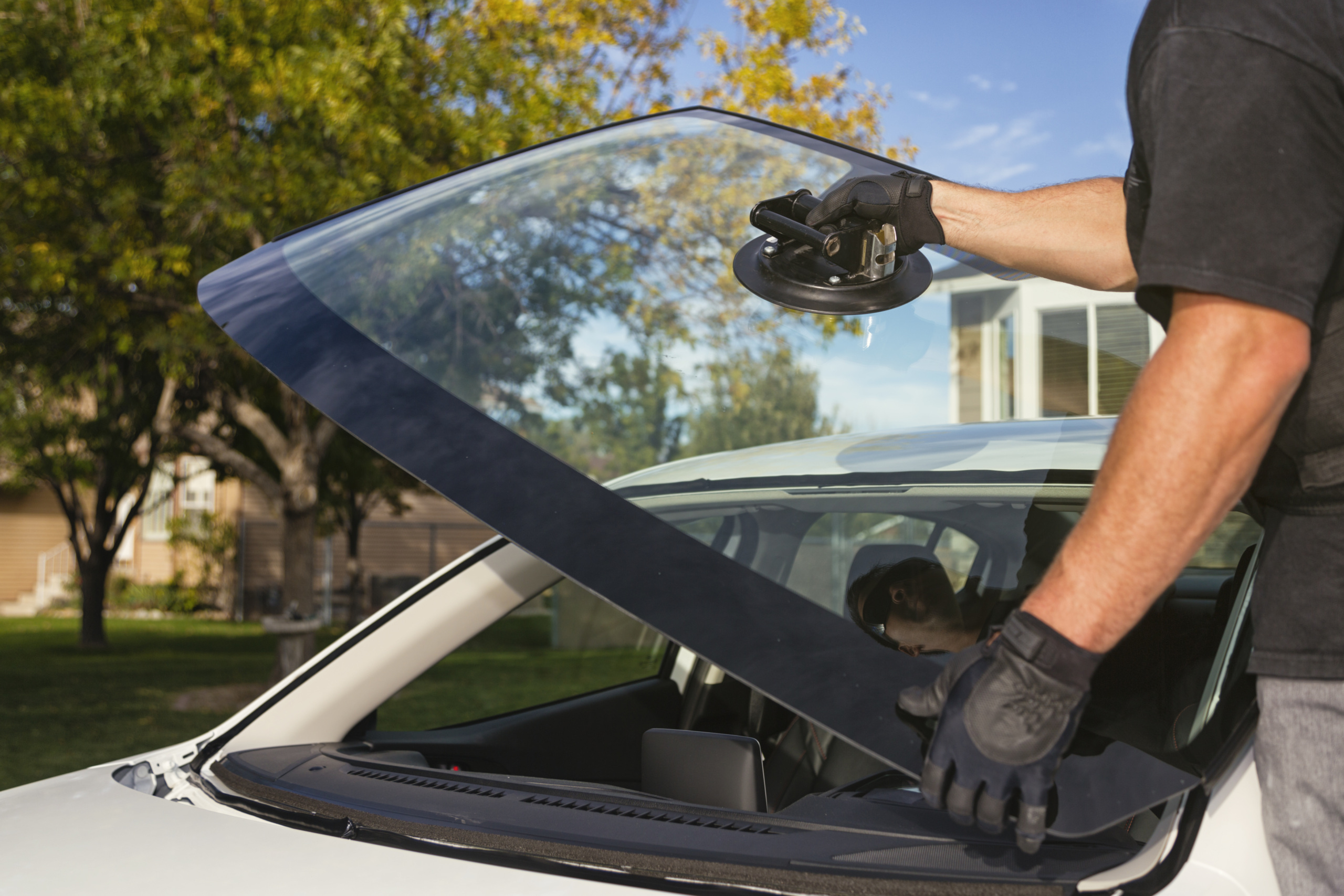
Cars are lasting longer than ever. Will that change with new technologies?
